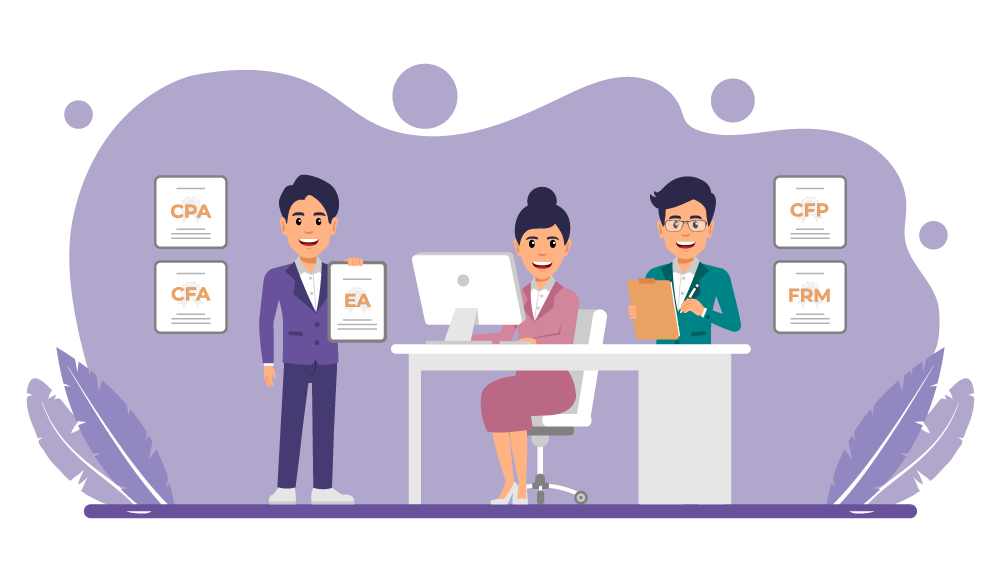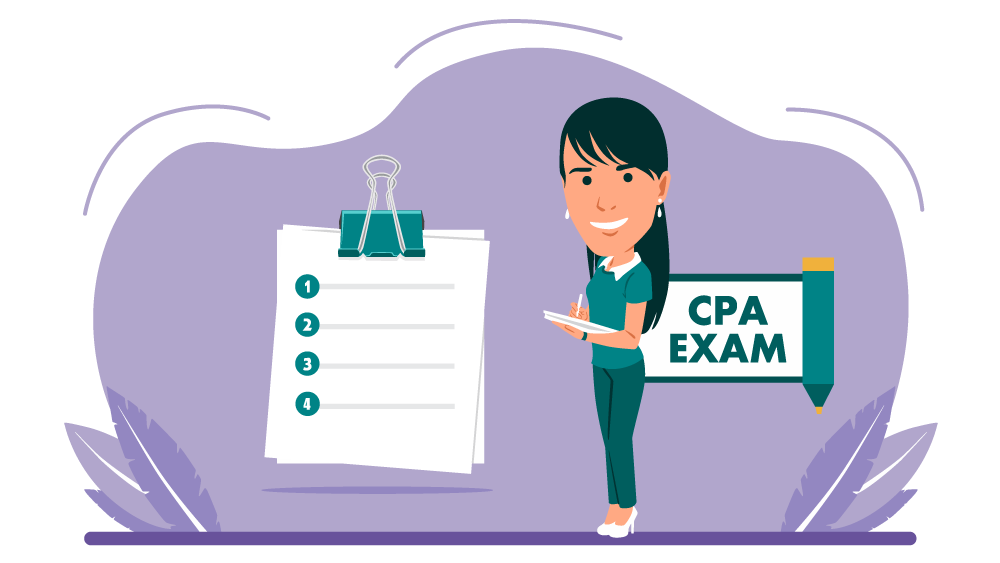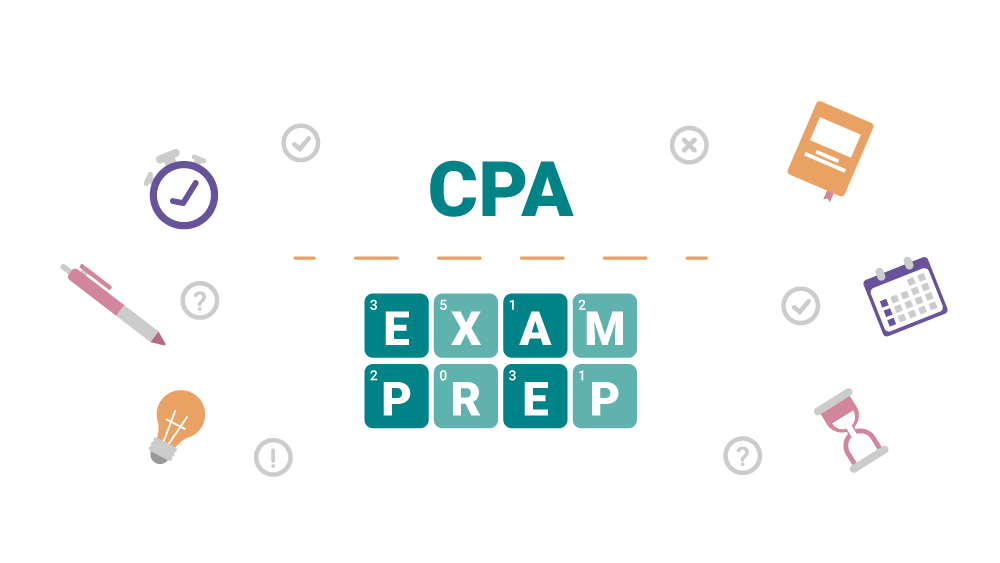When you go into a career as a financial professional, the right accounting certification can help you earn more money and gain access to that promotion you desire. There are many accountant certifications to consider, and they all come with benefits you can gain. Whether you’re looking to make more money or even switch careers, the right accounting certifications can offer just what you need.

What are Accounting Certifications?
An accounting certification is a credential that gives you an enhancement to your accounting career. It shows you are growing your skillset and certified to handle specific tasks within the profession. Some of the most popular accounting certifications include:
- Certified Public Accountant
- Certified Management Accountant
- Certified Fraud Examiner
- Certified Internal Auditor
- Enrolled Agent
- Chartered Financial Analyst
- Certified Financial Services Auditor
- Chartered Global Management Accountant
Let’s take a closer look at each of these accounting certifications, but first, let’s look at some of the benefits you will gain.
Top Three Benefits of Accounting Certifications
As you earn a new accounting certification, you’ll gain many benefits. The top three benefits you will earn include:
- More Career Opportunities – With the right accounting certification, you can qualify for advancement opportunities in your current career or even step into a new career.
- Increased Salary – As you gain accounting certifications, you can earn more money.
- Ability to Change Careers – The right accounting certifications allow you to qualify for a new career if you prefer.
Most Common Accounting Certifications to Consider
Certified Public Accountant
The most common certification in the accounting world is the CPA (Certified Public Accountant) certification. With a CPA, you can hold several accounting positions as you will be certified in forensic accounting, taxes, risk management, compliance, and more. Most financial professionals entering the accounting industry start with a CPA.
The requirements for this type of accounting certification will vary from one state to another. Most states require one year of experience in accounting before you can pursue the CPA certification. It’s also common for aspiring CPAs to have five years of higher education with around 150 credit hours.
The CPA exam is available four times a year and takes about 16 hours to complete. You will have to pass 4 exams to become a CPA, and the estimated cost is about $1,500.
Certified Management Accountant
This accounting certification means you have been trained as a professional in decision analysis, forecasting, cost management, and internal control auditing. With a CMA (Certified Management Accountant) certification, you will demonstrate mastery in financial management skills and critical accounting. This certification requires a bachelor’s degree and two consecutive years in financial management or management accounting.
If you want to become a CMA, you will have four options to take your exam each year. The exam is split into two sections and will take about eight hours total to complete. The overall cost is estimated at $1,750 for the CMA certification.
Certified Fraud Examiner
Only the Association of Certified Fraud Examiners members can get a CFE (Certified Fraud Examiner) certification. It can be a useful accounting certification for those looking to go into anti-fraud in the private or public sector. You will need to pass the exam, which will cover four areas, including fraud schemes, law and fraud prevention, investigation, and financial transactions.
Certified Internal Auditor
Another accounting certification you can get is known as a CIA (Certified Internal Auditor), but not the CIA of law enforcement. This certification is the only one accepted for an internal auditor’s career path. If you want to go into this area of expertise, you will need the CIA certification.
To qualify for the CIA certification, you must have a bachelor’s degree and two years of internal audit experience. You can also substitute a master’s degree for one year of experience. This certification demonstrates that you are proficient in risk and control, information technology, and working with internal staff and external clients.
You can take the exam for the CIA certification any time of the year. It’s a total of about 6.5 hours with three total exams you will need to pass. The estimated cost for this certification is about $1,500.
Enrolled Agent
The government licenses an EA (Enrolled Agent) to advise clients, prepare taxes for businesses and individuals, and deal with the IRS directly on personal and business tax audit matters. If you want to become an Enrolled Agent, you must pass the EA exam offered by the IRS, which takes 12 hours and it’s split into three parts.
If you want to become an EA, you will need to pass all three exams. These exams are offered year-round, and the estimated cost is about $1,500.
Chartered Financial Analyst
If you’re interested in portfolio management, economics, investment analysis, professional standards, and ethical standards, the CFA (Chartered Financial Analyst) certification is the right one for your needs. You will need a bachelor’s degree and four years of experience in the financial services industry to qualify for this certification.
One of the few accounting certifications not requiring a bachelor’s degree, you will need to pass a very long exam to become a CFA. The exam takes a total of 18 hours, and the estimated cost is about $3,750.
Certified Financial Services Auditor
An accounting certification is considered a specialty and only offered by the Institute of Internal Auditors, the CFSA (Certified Financial Services Auditor) certification requires two years of experience as an audit professional. This certification verifies that you have the necessary skills to work at an insurance company, credit union, bank, savings and loan organization, or other financial services organization.
Chartered Global Management Accountant
If you’re already a CPA, a Chartered Global Management Accountant certification is right up your alley. This certification is the same as a CPA, but it’s a global option for those working in government and business. It will demonstrate that you have management accounting skills and can develop a strategy to help connect all business areas.
You can gain this certification through the American Institute of Certified Public Accountants or the Chartered Institute of Management Accountants.
How to Obtain an Accounting Certification
Each accounting certification is a bit different and may have different requirements. Most will require you to have a bachelor’s degree and pass a certification exam. Some will also require a specific level of experience in the right field.
Commonly, it’s best to hold at least a bachelor’s degree in accounting, economics, finance, or a similar major if you’re looking to earn any of these accounting certifications. It can be helpful to get a master’s degree as it can be substituted for experience with some of the accounting certifications.
Along with the right degree, many of the accounting certifications will require you to pass an exam. In some cases, getting the right test prep course can help you prepare for your accounting exam.
Is it Necessary to Get Multiple Accounting Certifications?
This is a common question from financial professionals. It might be necessary to get multiple certifications, but it depends on your career path. A CPA may also get a CFA accounting certification to go into the finance and investing side of things.
It’s also common for those in the accounting field to hold multiple certifications if they decide to move from one career to another. It’s not necessary for most situations, but it will depend on your chosen career path.
Choosing the Right Accounting Certification for You
In many cases, students figure this out before they even leave college. They may know the direction they want to go, and they might start getting the right level of experience immediately after graduating. However, it’s also common for students to head down one career path only to pivot into another accounting career.
No matter where you are in your career, the right accounting certification can help you earn more money and gain more career opportunities. It’s a good idea to figure out the type of company you prefer working for and what you want to do on a day-to-day basis. This can help you choose the right certification for your needs.
You might also want to consider how much experience you will need and the cost of the certification. If you devote two years of your life to one career path and you cannot pass the exam, or you simply don’t like it, you might have chosen the wrong certification for your needs.
Take the necessary time to choose the certification that fits best for you. If you want to make sure you pass the exam for your accounting certification, get the right test prep course for your specific exam. With a good test prep course, you’ll be able to gain the knowledge and ability to pass your accounting exam for any type of certification you prefer.




